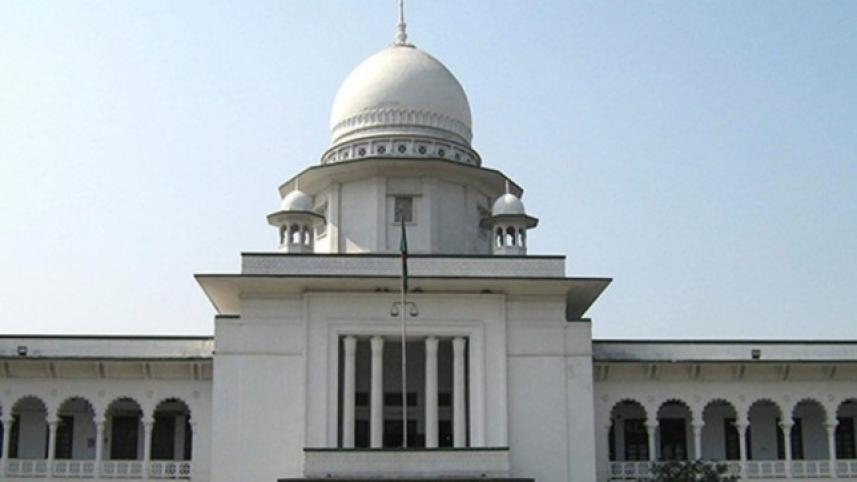HC questions legality of 9pc interest rate on loans

High Court (HC) today questioned the legality of Bangladesh Bank's decision which instructed all banks to set maximum nine percent interest rate on all loans except credit cards.
The court issued a rule asking the respondents to explain why the central bank's decision should not be declared illegal.
The finance secretary, Bangladesh Bank governor and its general manager (banking regulation and policy department) have been made respondents to the rule.
The HC bench of Justice Abu Taher Md Saifur Rahman and Justice Md Zakir Hossain issued the rule after hearing a writ petition that challenged the legality of the central bank's decision.
During the hearing, petitioner's lawyer Barrister Sayedul Haque Suman told the court that around two lakh people will be benefited following the Bangladesh Bank's decision but around 50 lakh depositors and their family members will be victimised due to the same decision.
In the writ petition filed on March 1, apprentice lawyer Mahfuzur Rahman said the central bank's decision may severely affect the already suffering banking sector and such restrictions on reducing the interest rate is unlawful in establishment of financial policies and international practices of the free-market economy.
The Bangladesh Bank's notification does not mention any reasoning behind directing all commercial banks to charge interest rate at a maximum rate of 9 percent, he said in the petition, adding that such restriction will further stifle the availability of loans necessary for setting up and expansion of small, medium and large businesses and commercial entities.
As a consequence of the directive, there would be a significant reduction in the interest or profit charged by the bank, impacting income of the depositors via fixed deposit schemes and resulting in serious prejudice to the middle-income group of the country.
Therefore, Bangladesh Bank's decision is a violation of the fundamental right of "equality before law" guaranteed under article 27 of the constitution, the writ petitioner said in the petition.



 For all latest news, follow The Daily Star's Google News channel.
For all latest news, follow The Daily Star's Google News channel.
Comments